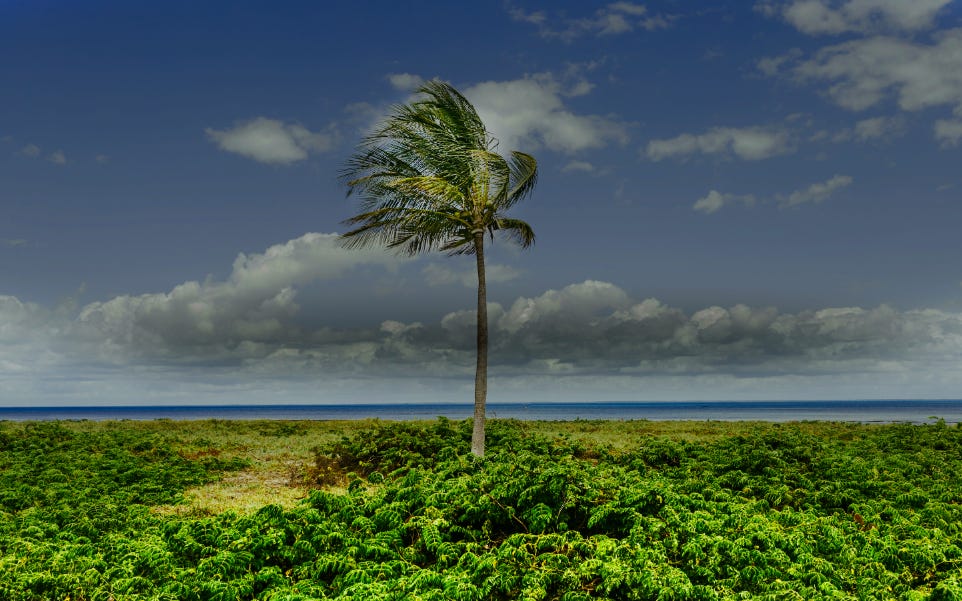Fear Is a Mental Hurricane
Kindness is the shelter
It was 6 am as I made my way blurry-eyed down the elevators and proceeded along the unavoidable path that led through the casino of the Flamingo Hotel. Las Vegas might be one of the only places you can wake up and wonder if you’re still dreaming.
I weaved my way through an amusement park of slot machines, looking for the way out of the neon and chime-fil…




